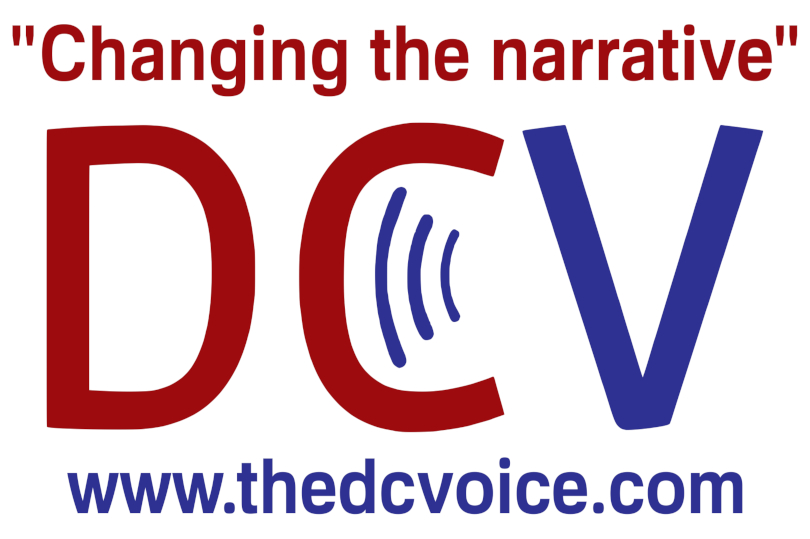The DC Voice joined Reuters Connect to expand its coverage of Washington, D.C. As the nation’s capital, no other city garners news coverage 24 hours a day, 365 days of the year with as much scrutiny and political fervor. We’re also including feeds from such resources as NPR, (see “A peek into NPR”) to complement our community-first focus. How Washingtonians wake up every day and see themselves portrayed–often by the occupants of the White House or US Capitol and any number of pundits and know-it-alls who often have very little, if any, connection with the nearly 700,000 residents who call DC home. Covering DC from the inside out is exactly what it sounds like.
The DC Voice launched on October 31, 2014, with the article “There’s Always a Beginning.” We reprinted the article over the years as part of our anniversary celebration. We embarked on this journey to provide a voice for the residents of Ward 5. Since then we have expanded that journey beyond Ward 5 with the help of several dedicated contributors, freelancers, and more recently a growing group of talented student writers from local colleges and universities who are committed to continuing our tradition for covering local voices.
Twelve years later I realize, more than ever, that there is an alternate view of DC from those around the country and around the world. We are more than what national politicians would make us out to be. We are much more than what a single person or party would want you to think–even if it’s the most powerful person in the land. We are hardworking, tax paying families that start each day in pursuit of the same hopes and dreams of any other major city, all while carrying the burden of the nation’s capital. Consider the following, with an assist from ChatGPT.
1. No Congressional Representation—Despite Full Taxation
D.C. residents pay federal taxes—often more per capita than many states—but lack voting representation in Congress. They can send only a non-voting delegate to the House and have zero voting Senators.
2. Subject to Congressional Oversight Over Local Budget and Laws
While D.C. has a locally elected mayor and council, all legislation and budgets must first be approved by Congress. Congress can even override local laws at any time.
3. Structural Budget Deficits from Revenue Restrictions
Federal restrictions—like prohibiting a commuter tax (despite commuters making up over 60% of the workforce) and exemptions on over half of city property—create an ongoing shortfall estimated between $470 million and over $1 billion annually.
4. Vulnerability to Federal Intervention
In emergencies, the district can be subject to federal intervention—such as federal control over local police—highlighting its lack of full autonomy compared to the states.
5. Historic Systemic Disenfranchisement
D.C.’s lack of representation is rooted in racist political structures. Even after home rule in 1973, full autonomy remains elusive, reflecting centuries of disenfranchisement.
6. Democratic Deficit Despite Significant Population
With nearly 700,000 residents, D.C. is more populous than both Vermont and Wyoming—yet those states have full Congressional representation, while D.C. does not.
7. International and Diplomatic Constraints
Hosting embassies and numerous international institutions is prestigious, but it also means that D.C.’s land use, zoning, and infrastructure priorities are often influenced by federal or foreign needs, not just local ones.
Just as we expanded our coverage from Ward 5 to all wards and college internships from a single university to several, The DC Voice will continue to find avenues to bring its readers a complete view of the events impacting our daily lives—whether starting with the citizens exercising their daily rights (the inside), or those trying to impose their external beliefs (out).


